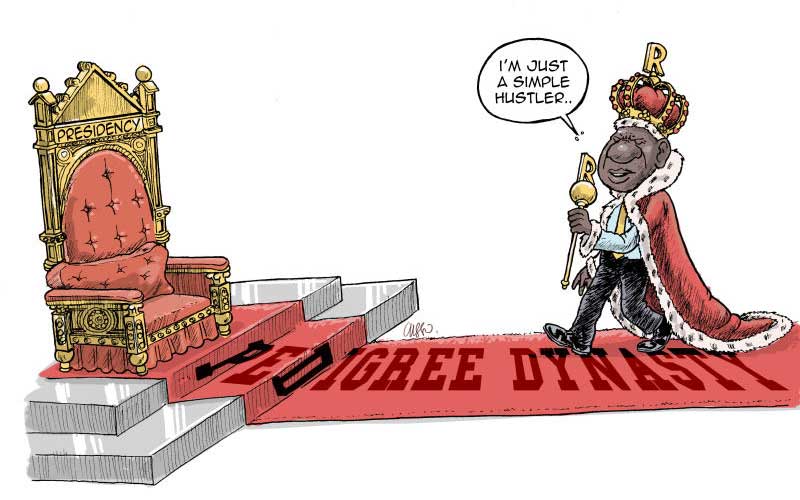×
The Standard e-Paper
Stay Informed, Even Offline

The 2022 election campaigns, just like in 2002 and 2013, will be based on normalised spin-doctoring and horserace journalism. This time, I can predict that the nebulous ‘deep state’, ‘dynasties’, ‘hustler nation’ and ‘the system’ narratives, which I hereafter call political propaganda, will dominate these campaigns. Ethnopolitics and attendant narratives, which featured in 2007 and 2017, will take a break and resurface in 2027 when the then incumbent president will be contesting elections.